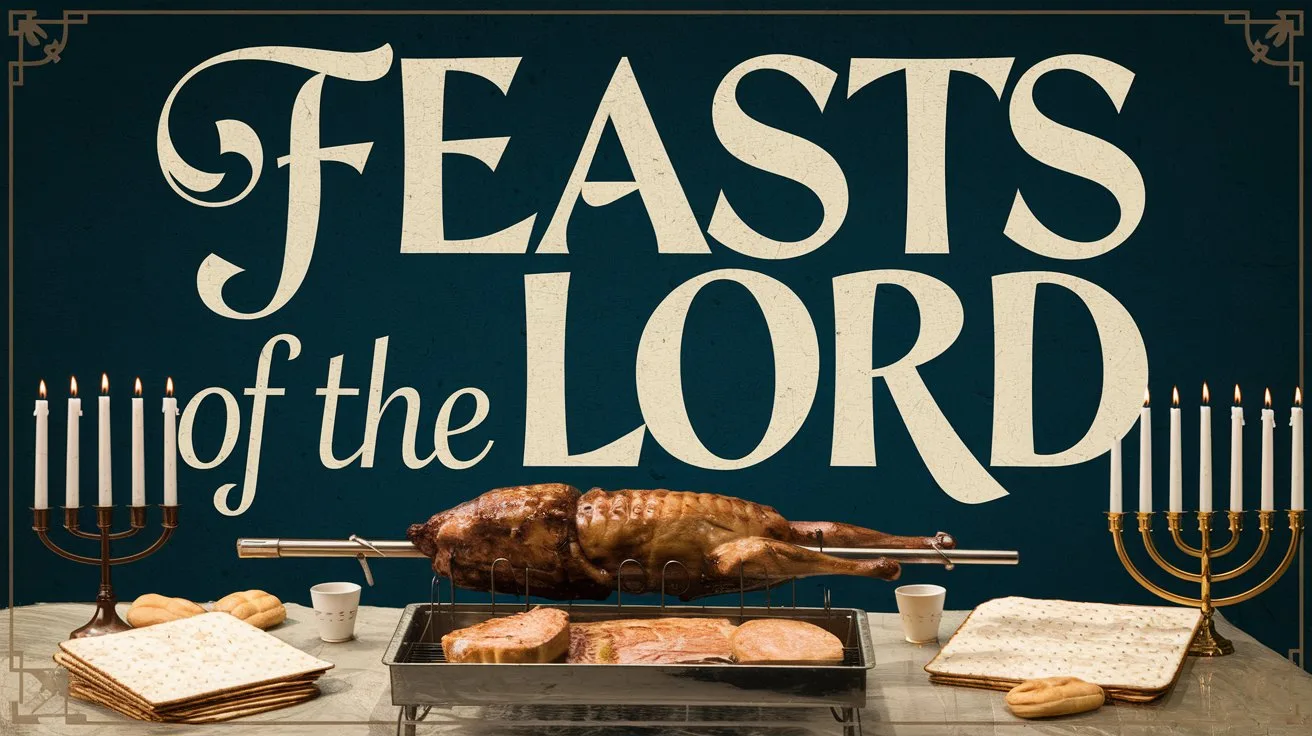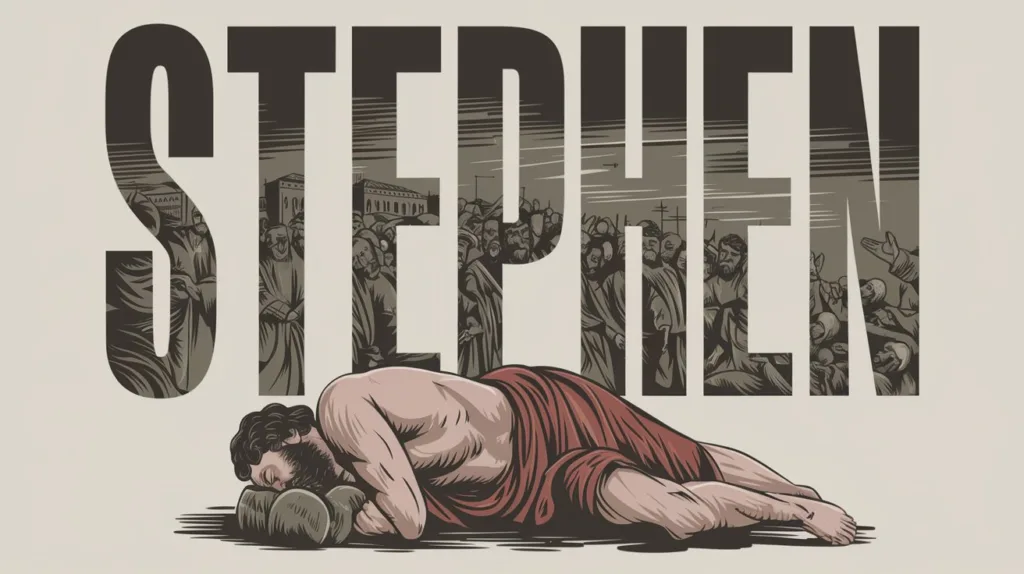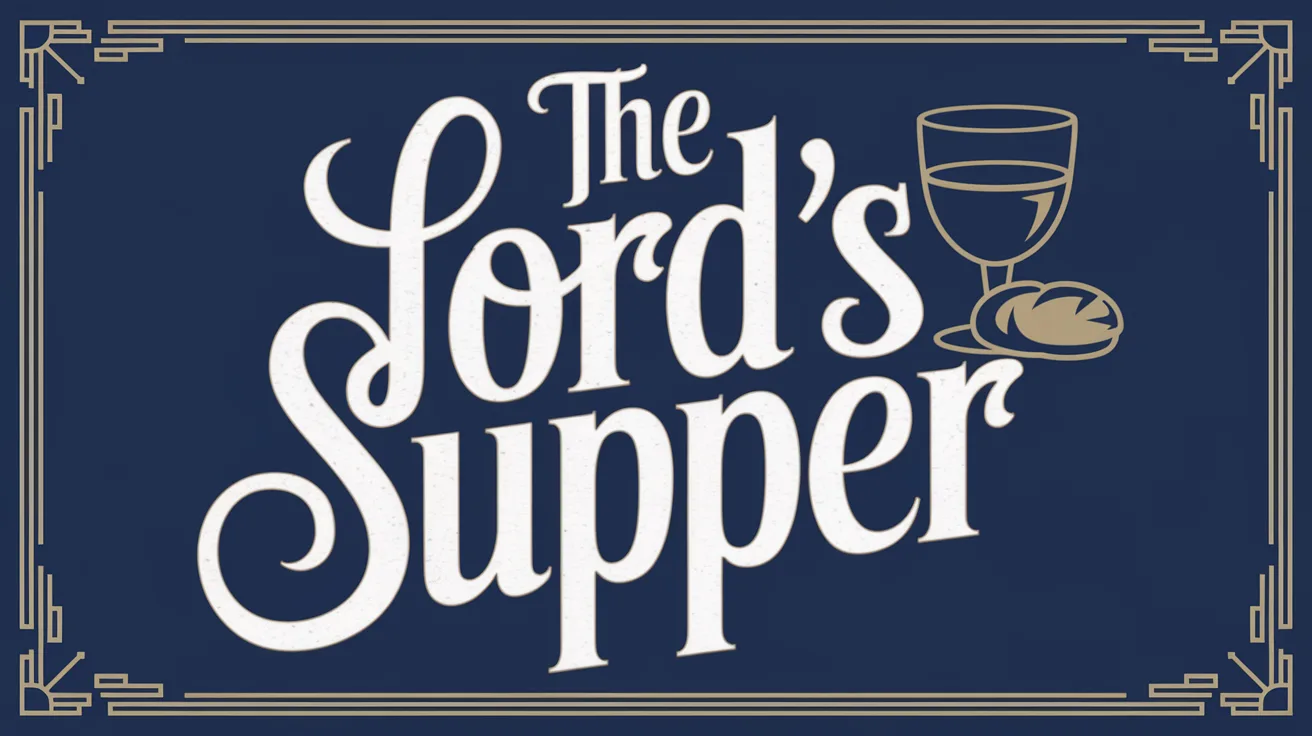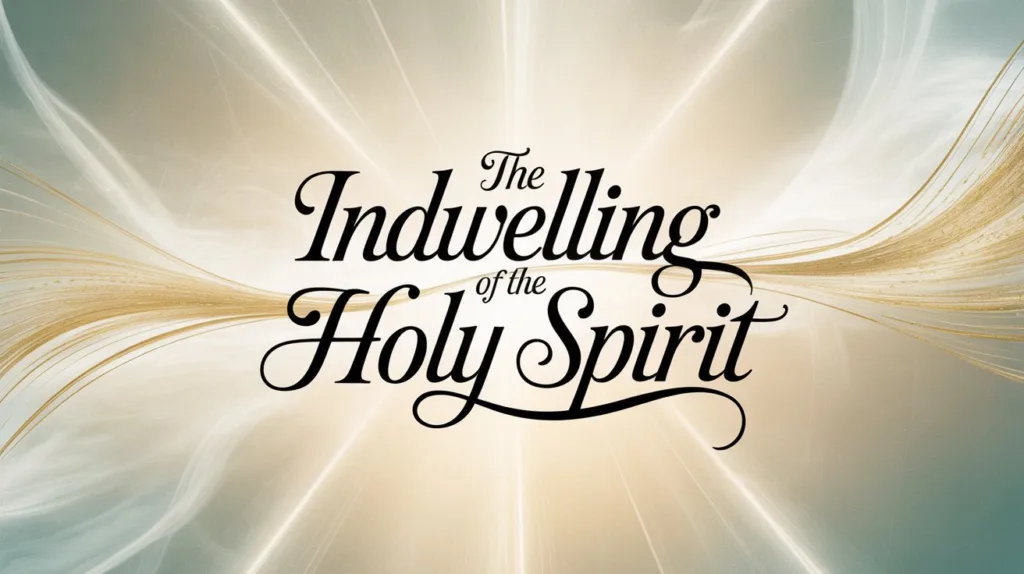The Feasts of the Lord, given to Israel in the Old Testament, are not just ancient rituals. They are prophetic in nature, pointing forward to Jesus Christ and the plan of redemption. Each feast was implemented by God to teach His people something specific, and as believers today, we can see how these feasts were ultimately fulfilled in Christ. Let’s walk through each feast, its purpose, and its significance for us today.
The Passover (Pesach): Redemption Through the Blood of the Lamb
Leviticus 23:5 – “On the fourteenth day of the first month at twilight is the Lord’s Passover.”
Why It Was Implemented:
Passover commemorates Israel’s deliverance from Egypt when God sent the final plague (the death of the firstborn). The Israelites were told to sacrifice a lamb and place its blood on their doorposts so that the angel of death would “pass over” them (Exodus 12:1-30).
Fulfillment in Christ:
Passover is a direct picture of Jesus Christ, the Lamb of God whose blood saves us from eternal death.
John 1:29 – “Behold! The Lamb of God who takes away the sin of the world!”
Just as the blood of the lamb saved the Israelites, the blood of Jesus saves us from sin and eternal judgment (1 Corinthians 5:7).
What It Means for Us Today:
Passover reminds us of our redemption through Christ. We were slaves to sin, but through His sacrifice, we have been set free.
The Feast of Unleavened Bread: A Call to Holiness
Leviticus 23:6 – “And on the fifteenth day of the same month is the Feast of Unleavened Bread to the Lord; seven days you must eat unleavened bread.”
Why It Was Implemented:
This feast immediately followed Passover and lasted seven days. During this time, Israel was commanded to eat bread without leaven (yeast), which represented sin and corruption.
Exodus 12:15 – “Seven days you shall eat unleavened bread. On the first day you shall remove leaven from your houses.”
Fulfillment in Christ:
Leaven represents sin (1 Corinthians 5:6-8). Jesus was the sinless, unleavened bread of life. After His sacrifice (Passover), we are called to live a life free from sin.
What It Means for Us Today:
As believers, we are called to remove sin from our lives and walk in holiness.
1 Corinthians 5:7 – “Purge out the old leaven, that you may be a new lump, since you truly are unleavened. For indeed Christ, our Passover, was sacrificed for us.”
The Feast of Firstfruits: Christ’s Resurrection
Leviticus 23:10-11 – “When you come into the land which I give to you, and reap its harvest, then you shall bring a sheaf of the firstfruits of your harvest to the priest.”
Why It Was Implemented:
This feast celebrated the first harvest of the season. The Israelites would bring the first sheaf of grain and offer it to the Lord as an act of thanksgiving and faith.
Fulfillment in Christ:
Jesus rose from the dead on the Feast of Firstfruits!
1 Corinthians 15:20 – “But now Christ is risen from the dead, and has become the firstfruits of those who have fallen asleep.”
Just as the firstfruits were a pledge of the full harvest to come, Christ’s resurrection is the guarantee of our future resurrection.
What It Means for Us Today:
We have hope in the resurrection! Jesus is the firstfruits, and all who believe in Him will follow.
John 11:25 – “I am the resurrection and the life. He who believes in Me, though he may die, he shall live.”
The Feast of Pentecost (Shavuot): The Giving of the Holy Spirit
Leviticus 23:16 – “Count fifty days to the day after the seventh Sabbath; then you shall offer a new grain offering to the Lord.”
Why It Was Implemented:
Pentecost was a celebration of the wheat harvest and also commemorated the giving of the Law at Mount Sinai (Exodus 19).
Fulfillment in Christ:
Fifty days after Jesus’ resurrection, the Holy Spirit was given at Pentecost!
Acts 2:1-4 – “When the Day of Pentecost had fully come, they were all with one accord in one place. And suddenly there came a sound from heaven, as of a rushing mighty wind, and it filled the whole house where they were sitting.”
What It Means for Us Today:
Pentecost represents the power of the Holy Spirit in believers, equipping us to spread the gospel and live for Christ.
Acts 1:8 – “But you shall receive power when the Holy Spirit has come upon you; and you shall be witnesses to Me.”
The Feast of Trumpets (Rosh Hashanah): The Call to Repentance and Christ’s Return
Leviticus 23:24 – “In the seventh month, on the first day of the month, you shall have a sabbath rest, a memorial of blowing of trumpets.”
Why It Was Implemented:
Trumpets were blown to call God’s people to repentance and to prepare for judgment.
Fulfillment in Christ:
Many believe this feast foreshadows the return of Christ, when the trumpet will sound.
1 Thessalonians 4:16-17 – “For the Lord Himself will descend from heaven with a shout, with the voice of an archangel, and with the trumpet of God.”
What It Means for Us Today:
We must be ready for Christ’s return and live in constant expectation.
The Day of Atonement (Yom Kippur): Christ’s Final Judgment
Leviticus 23:27 – “On the tenth day of this seventh month shall be the Day of Atonement. It shall be a holy convocation for you; you shall afflict your souls.”
Why It Was Implemented:
This was the most solemn day of the year, when the high priest made atonement for the sins of Israel.
Fulfillment in Christ:
Jesus is our High Priest who made the ultimate atonement for sin.
Hebrews 9:12 – “Not with the blood of goats and calves, but with His own blood He entered the Most Holy Place once for all, having obtained eternal redemption.”
What It Means for Us Today:
Jesus has already made atonement for our sins, but a final judgment is coming. Those who reject Christ will face judgment.
The Feast of Tabernacles (Sukkot): God Dwelling With Us
Leviticus 23:34 – “On the fifteenth day of this seventh month shall be the Feast of Tabernacles for seven days to the Lord.”
Why It Was Implemented:
This feast celebrated God’s provision and Israel’s journey in the wilderness, living in tents.
Fulfillment in Christ:
Jesus is Emmanuel, ‘God with us’.
John 1:14 – “And the Word became flesh and dwelt among us.”
What It Means for Us Today:
This feast looks forward to the Millennial Kingdom, when Christ will reign on earth!
Final Thoughts
Each feast points to Jesus Christ and God’s redemptive plan. While we are not under the Law, these feasts remind us of who God is and what He has done through Christ. The first four feasts were fulfilled in Jesus’ first coming, and the last three likely point to His return.
Let us be ready, for the trumpet will sound, and our King is coming!





 Get the book that teaches you how to evangelize and disarm doctrines from every single major cult group today.
Get the book that teaches you how to evangelize and disarm doctrines from every single major cult group today.